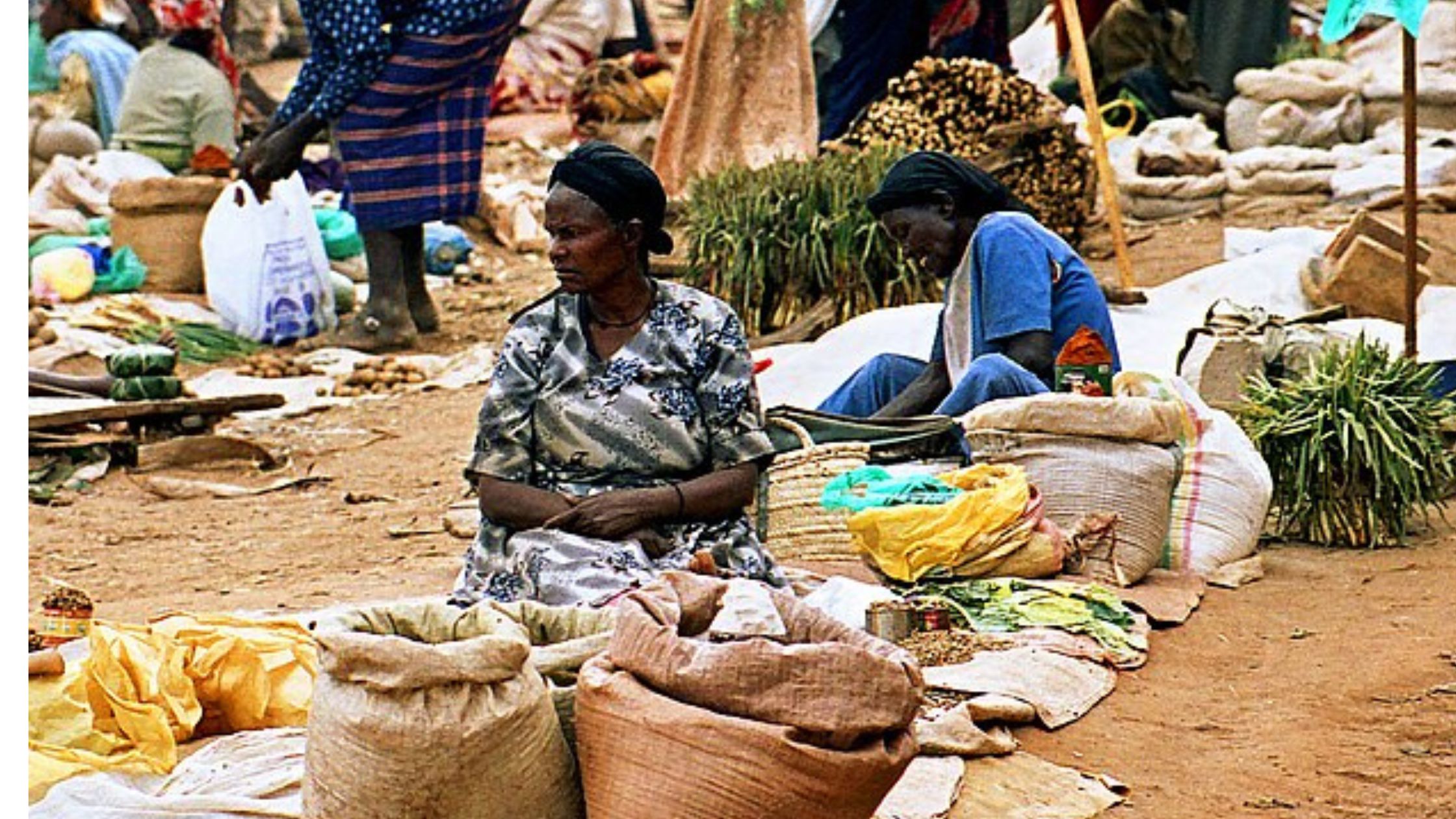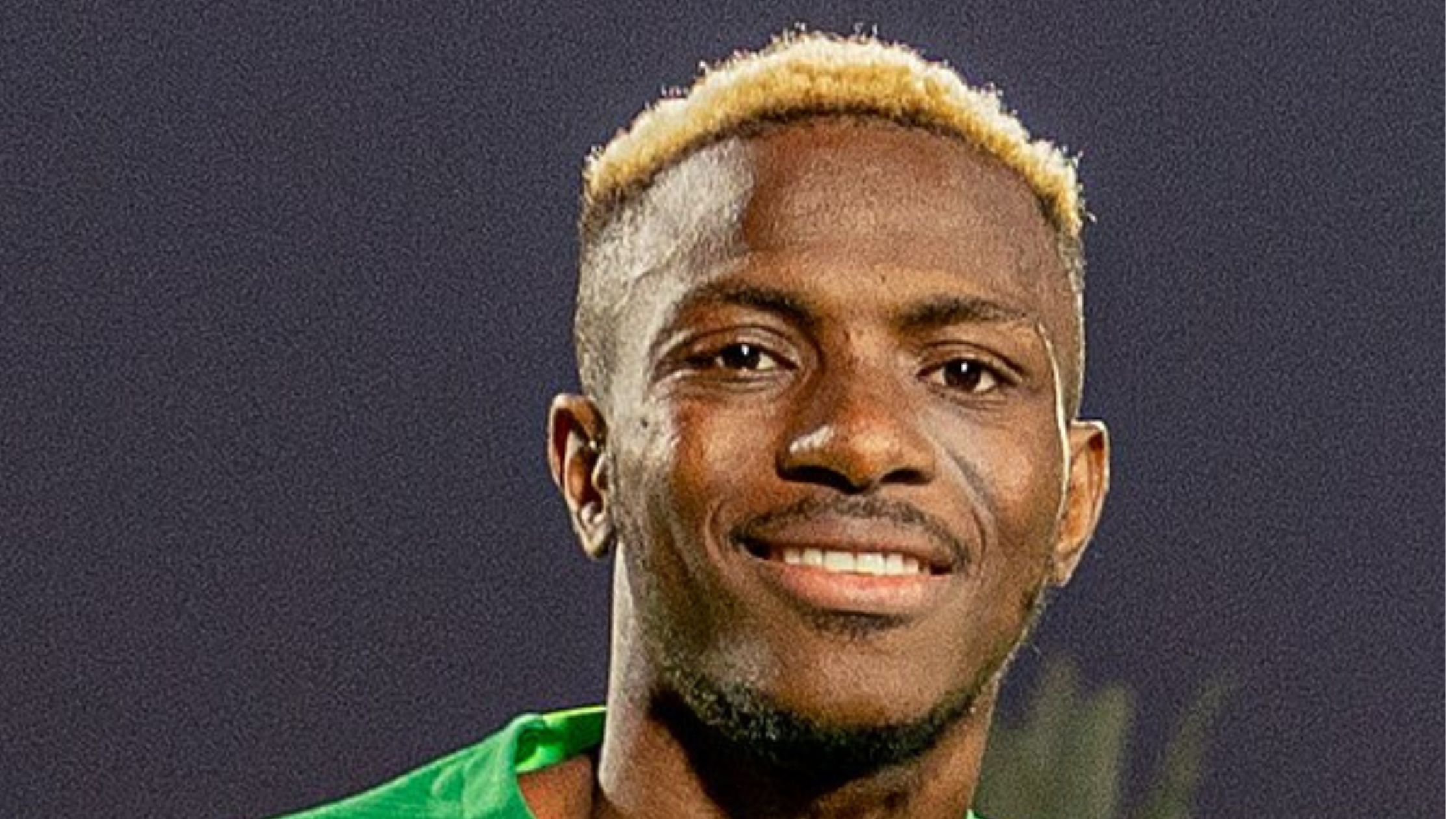When Betty Akeredolu tweeted “Free at last” in response to the release of Yusuf Alabi, she probably knew it would stir the pot. But she posted it anyway. Yusuf, a young man who became a symbol of defiance during the #EndSARS protests, had spent months in detention. His crime? Raising his voice in a country where that alone can get you arrested. His image—kneeling before armed officers, wrapped in the Nigerian flag—captured global attention. Then he disappeared into the legal system, caught in a loop of silence and delay. So when he was finally released, it felt like a crack in the system had opened.
Akeredolu’s post was brief, but powerful. “Free at last.” Three words loaded with history, echoing civil rights struggles from Nigeria to America. The internet responded instantly. Some praised her for speaking out, saying that more public figures should have Yusuf’s back. Others questioned her motives, asking where she was when Yusuf was first detained. Was this solidarity or just political posturing? The debate spread across Twitter and into WhatsApp groups, radio shows, even the evening news.
But beyond the noise, Yusuf’s release and Betty’s tweet reopened something deeper—unresolved anger, unfinished protests, unhealed wounds. #EndSARS might not be trending anymore, but it never ended. The movement lives in the tension people feel every time they’re stopped at a checkpoint, every time someone disappears in custody, every time justice is denied. Betty Akeredolu lit a match with her tweet. And whether you see it as brave or performative, one thing is clear: Yusuf’s story still matters. And in a country like Nigeria, where silence is often the safest option, speaking up—even online—is still a radical act.








Leave a Reply